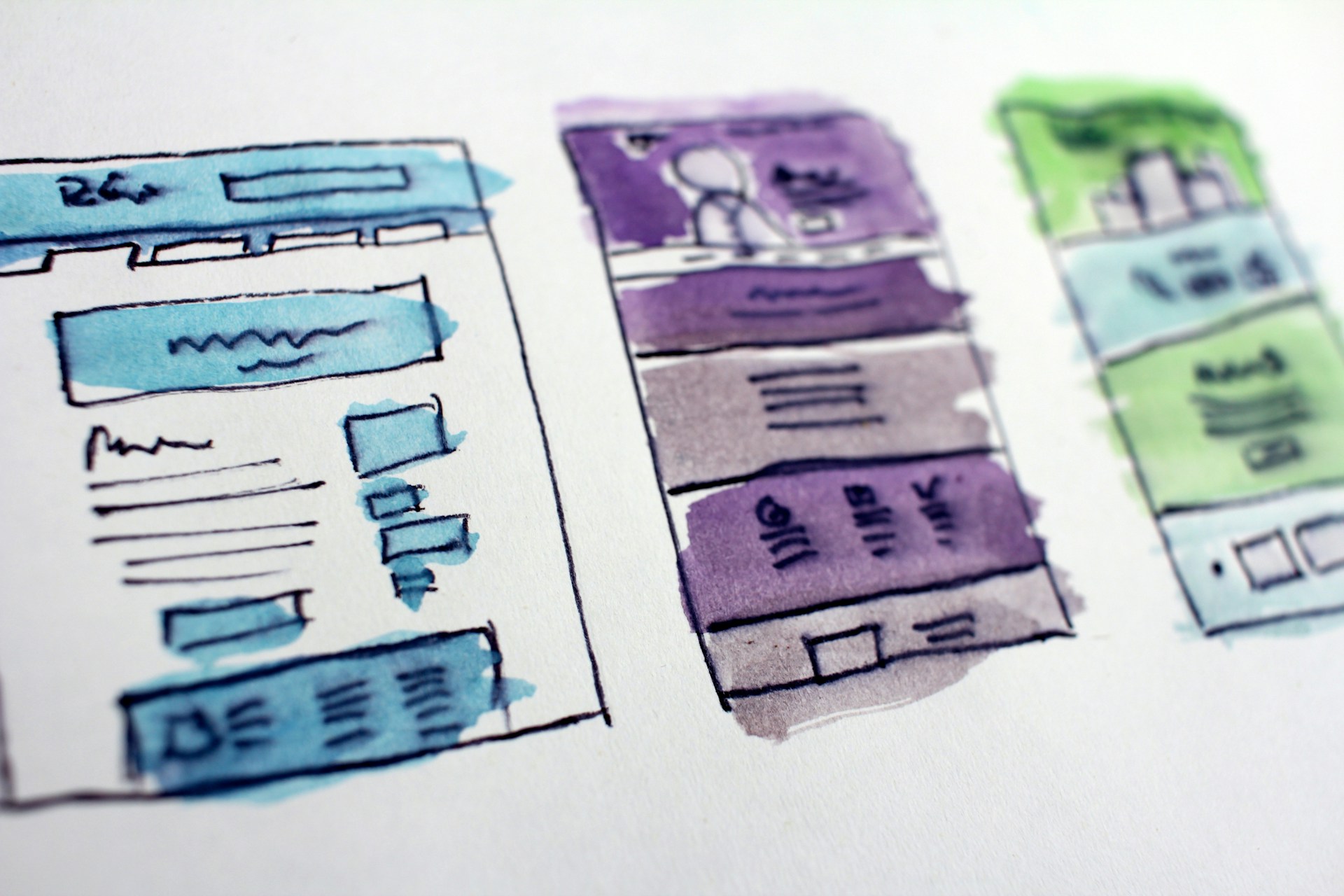In the digital age, security is a top concern for website owners and developers alike. Despite its popularity, WordPress often faces misconceptions regarding its security features. In this article, we’ll debunk common myths and shed light on the robust security measures that make WordPress a trusted platform.
- Core Security Features: Explore WordPress’s built-in security features, including regular updates, password strength enforcement, and secure user authentication.
- Plugin and Theme Security: Discuss the importance of vetting plugins and themes, as well as implementing best practices for maintaining a secure WordPress environment.
- Security Plugins: Highlight the role of security plugins such as Wordfence and Sucuri in enhancing WordPress’s security posture and protecting against threats like malware and brute-force attacks.
- User Responsibilities: Emphasize the significance of user education and proactive security measures, such as regular backups, strong passwords, and limiting access privileges.
Contrary to popular belief, WordPress is a highly secure platform when properly configured and maintained. By understanding and implementing its security features effectively, website owners can safeguard their online assets and mitigate the risk of security breaches.



